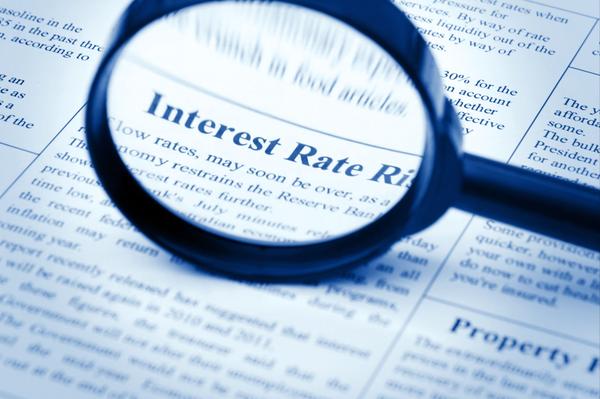Washington Noise, Wall Street Silence: Why the Shutdown Will Slow the Housing Market, Not Stocks—Yet
The curtain has been drawn on another federal government shutdown, a familiar political drama that often sends jitters through financial circles. Yet, for many on Wall Street, the initial reaction has been a shrug. The stock market, buoyed by strong corporate earnings and an ongoing tech rally, has largely ignored the turmoil in Washington, setting new record highs in the early days of the closure.
However, beneath the surface of the resilient S&P 500, a different story is unfolding in the housing market. Experts warn that while a short shutdown may be a "blip," a prolonged failure to reopen the government could severely disrupt the process of buying and selling homes, especially for a large segment of the population.
The Stock Market's Historical Immunity
Historically, the stock market has demonstrated a remarkable ability to look past government shutdowns. Past closures have had a minimal, often short-lived, impact on equity performance. The general consensus among investors is that these political standoffs are temporary and rarely alter the fundamental drivers of the market: corporate profits, the economic outlook, and interest rate policy.
In the current environment, this trend appears to be holding. Investors remain focused on the broader economic picture, which includes optimism about future interest rate cuts and the continued momentum of key sectors. Any initial volatility stemming from the uncertainty has been quickly absorbed. Furthermore, the shutdown itself causes a delay in the release of critical economic data (like jobs reports), leaving both the Federal Reserve and investors in the dark—a condition that can sometimes temporarily tamp down market-moving fears.
In short, for now, the stock market is treating the shutdown as noise, confident in a swift resolution and the market's own underlying strength.
The Housing Market's Growing Pain Points
The housing sector, however, has a much tighter dependency on federal operations, making it particularly vulnerable to a prolonged closure. The impact is subtle at first but compounds daily, threatening to stall transactions and increase uncertainty.
1. Halt to Government-Backed Loans: A critical pain point is the disruption to government-backed mortgage programs. While conventional loans from private lenders may continue, those relying on the Federal Housing Administration (FHA), the Department of Veterans Affairs (VA), and the U.S. Department of Agriculture (USDA) face immediate hurdles.
* USDA Loans: The USDA often halts the issuance of new direct and guaranteed home loans entirely during a shutdown.
* FHA/VA Loans: While the agencies may continue to guarantee loans, furloughs can lead to significant processing and approval delays, pushing back closing dates for thousands of first-time homebuyers and veterans.
2. Flood Insurance Catastrophe: Perhaps the most immediate deal-killer is the lapse of the National Flood Insurance Program (NFIP). Homebuyers applying for a federally backed mortgage in high-risk flood zones are required to have flood insurance. With the NFIP unable to issue new policies or process renewals during a shutdown, thousands of property transactions each day are put in jeopardy, as closings cannot proceed without the mandated coverage.
3. Verification Bottlenecks: Even conventional mortgages face potential delays. Lenders require third-party verification of income and Social Security information, often through the Internal Revenue Service (IRS). With the IRS suspending many services, this crucial step in the underwriting process can grind to a halt, delaying or canceling closings regardless of the loan type.
4. Financial Strain on Federal Workers: Finally, in metros with a high concentration of federal employees, furloughs and working without pay put immediate financial stress on hundreds of thousands of people, potentially forcing them to delay home purchases or even struggle with existing mortgage payments.
The Looming Risk
For the stock market, the risks of a shutdown are mostly indirect: a sustained closure could noticeably drag down GDP growth or raise the specter of a debt ceiling crisis. But for the housing market, the threat is concrete and immediate. As the closure stretches from days into weeks, the cumulative effect of delayed loans, suspended flood insurance, and verification bottlenecks could dampen sales activity, reduce housing demand, and stall transactions—a significant headwind for an already challenging real estate environment.
While Wall Street remains sanguine, the daily toll on prospective homeowners and the broader real estate sector is a powerful reminder that not all parts of the economy are equally insulated from the turmoil in Washington. The longer the government remains shuttered, the greater the chance that the housing market's woes could translate into wider economic drag that even the bullish stock market will eventually be unable to ignore.




